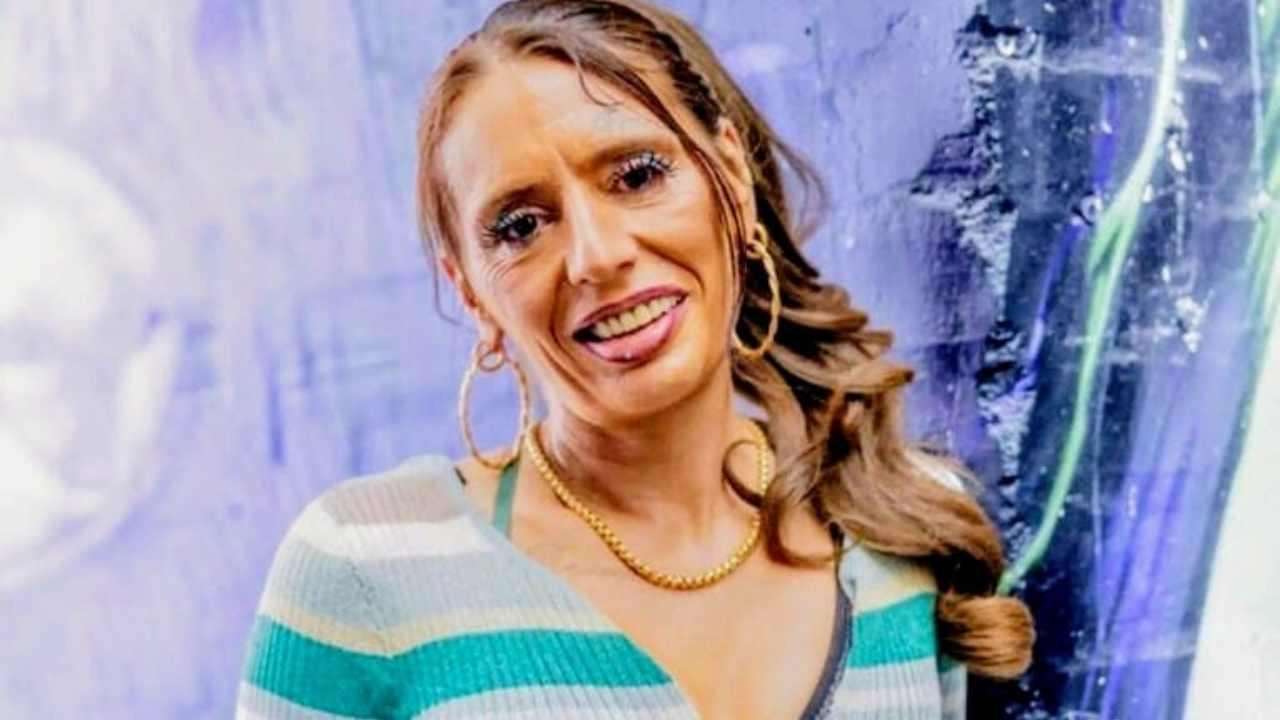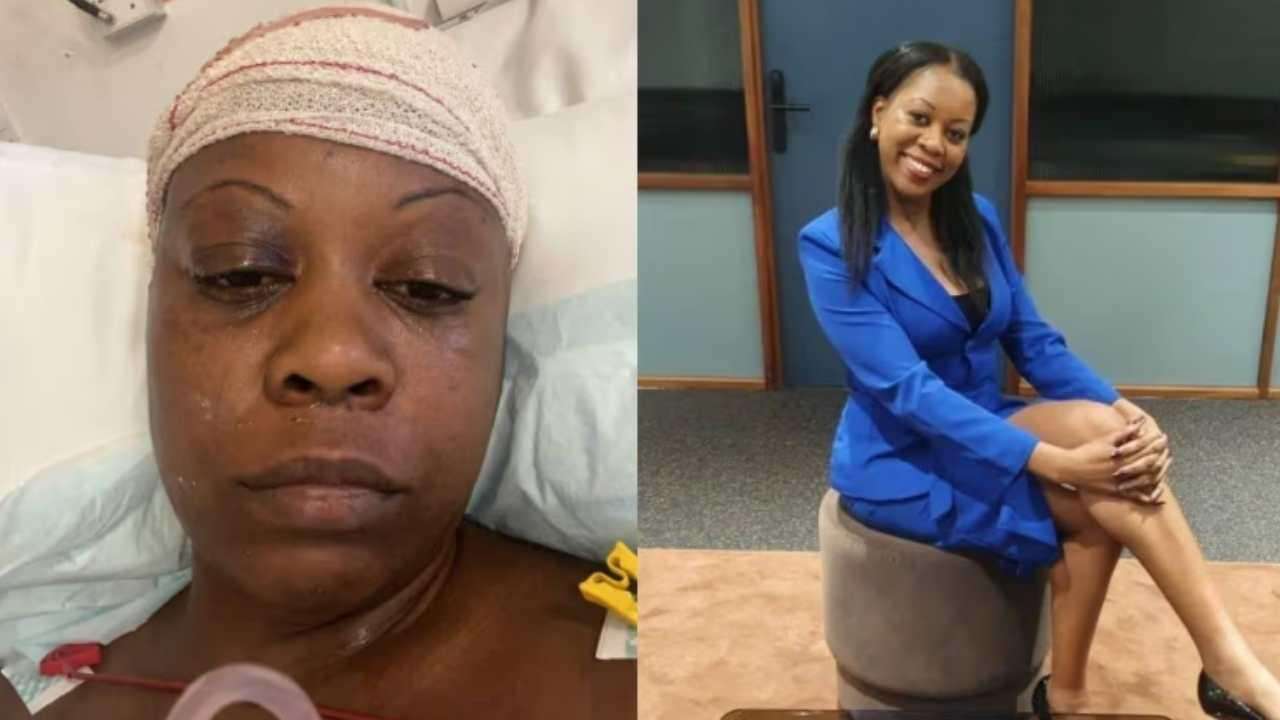Keeley Knowles, 42, once known across the West Midlands as 'Birmingham's most prolific shoplifter,' has stepped out of the shadows to reveal the harrowing journey that saw her steal an estimated £30 million worth of high-value goods over a devastating 20-year crime spree. This is not just a story of audacious theft, but a deeply personal account of how a fractured childhood led to a life of addiction and incarceration, and the pioneering treatment that finally set her free.
The Traumatic Path to Crime
For Keeley Knowles of Kings Heath, Birmingham, a life of crime was rooted in early trauma. Raised by her nan and grandad because her father was in jail and her mother was absent, Keeley lacked the parental supervision to steer her away from a dangerous path. The spiral began at the shockingly young age of 13 when she was groomed by a 21-year-old man and soon became hooked on heroin. By her own admission, she was quickly involved in serious criminality, transporting kilos of heroin and crack—the equivalent of today’s ‘County Lines’ drug running—before she was even a teenager. Her grandparents, attempting to bridge a difficult generation gap, often mistook her withdrawal symptoms for the flu, leaving her to struggle alone.
This catastrophic addiction soon demanded a massive, daily income. Keeley’s habit escalated to consuming up to seven grams of heroin a day, costing her an estimated £1,000 daily. To fund this, she became an organised, professional thief, hitting upmarket stores around Birmingham for designer handbags and clothing. At her peak, she estimates she stole between £7,000 and £8,000 worth of stock in a single day, a relentless pace only broken on Christmas Day and Good Friday when shops were closed.
The Master Thief’s Tactics: From Phone Scams to Custom Gear
Keeley’s success lay in her meticulous methods. She exploited common security weaknesses with a simple, yet brilliant, phone scam. By calling a store and impersonating 'PC2417,' a police officer following up on a non-existent recent theft, she would charm unsuspecting staff into revealing the exact days and times when security officers would be off duty. With the coast clear, she would enter the stores wearing a long, modified Michael Kors sleeping-bag-style coat. She had ingeniously sliced the inner lining to create a vast, concealed compartment, enabling her to fill the coat with stolen goods, from the floor right up to her armpit. She never used a bag, knowing that security would only check her handbag, allowing her to simply walk out after setting off alarms. Her merchandise moved instantly via a dedicated WhatsApp group of 150 buyers, with transactions completed before she even made it home.
Over the two decades, Keeley's criminal record grew exponentially. She has been arrested and sent to prison 28 times in the UK, plus three times in Amsterdam. One store's security guard alone estimated her thefts amounted to £3.7 million of stock, with Loss Prevention magazines conservatively estimating her total haul to be around £30 million.
Recovery and Advocacy: The Unwritten Chapter
Her life of addiction and incarceration finally found a turning point not through a sudden epiphany, but through a moment of unexpected compassion. A security guard at the £3.7 million loss-hit store, a man who knew her well enough to recall her date of birth after years of filing paperwork, looked her in the eye and said: "You’re better than this." He referred her to West Midlands Police's pioneering Offending to Recovery programme.
Finding the referral number months later, Keeley agreed to try a new treatment: the slow-release opioid blocker, Buvidal. Despite initial skepticism, the treatment was transformative. After experiencing seizures and hallucinations during the detox, a single injection allowed her to finally sleep without cravings. Now 18 months clean, Keeley has not only reconnected with her family but has dedicated her life to helping others. She has won a National Business Crime Solutions award for her work and now serves as an outreach worker for the very programme that saved her, giving talks and passionately campaigning for wider access to Buvidal, which she advocates as a superior alternative to traditional treatments. Her message is clear: she was thought to be "unfixable," yet she was healed, proving that no one should be written off.








.svg)

